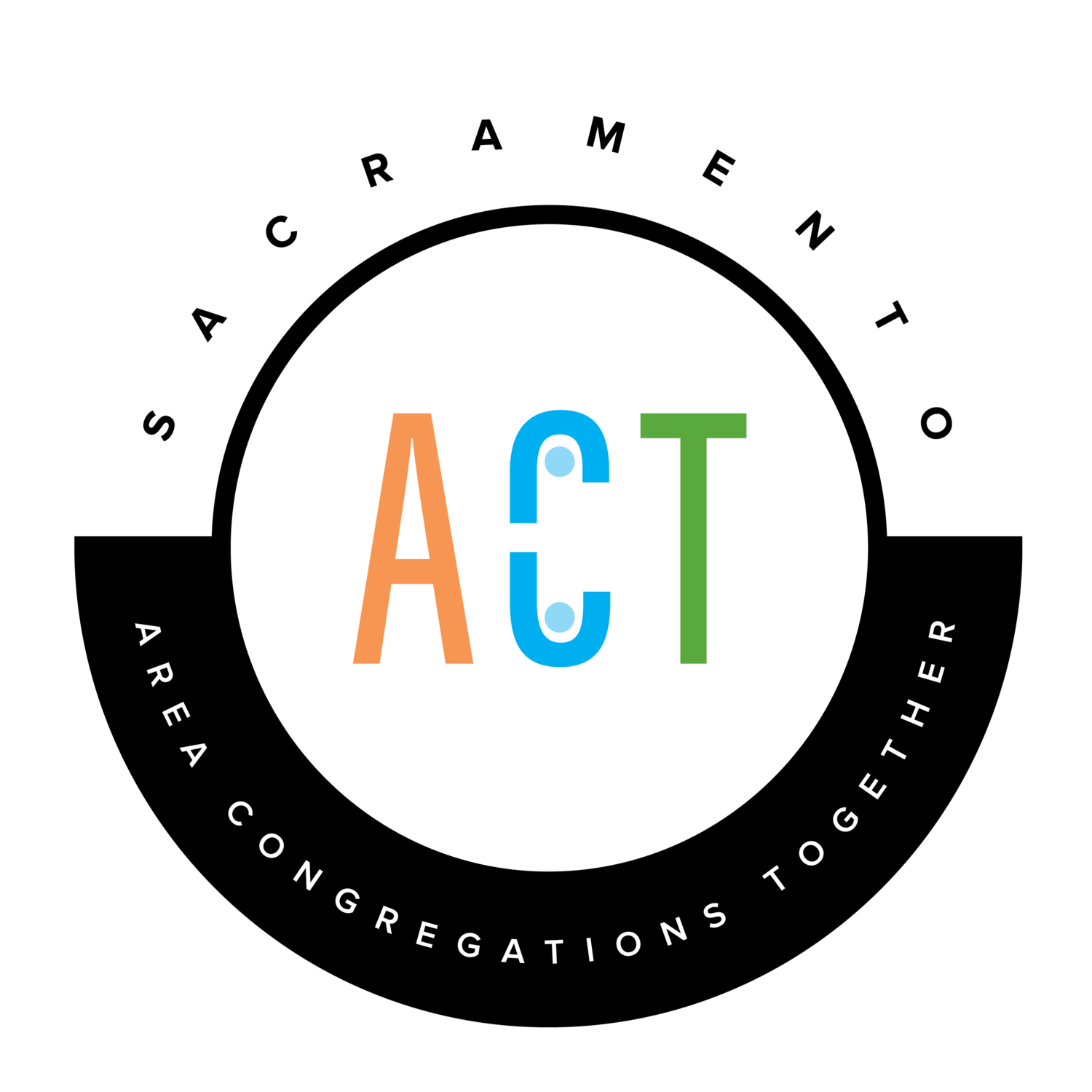Paroled to this city after more than a decade behind bars, the man said no one awaited him when he arrived here. He had an address for a local place with a bed, but he had no clue how to get there by bus — and things got no better afterward.
The man made these emotional remarks at a recent public forum hosted by the Sacramento Community Reinvestment Coalition, or SCRC, which is financially supported by The California Endowment. The broad-based SCRC is hearing people’s concerns about the criminal justice system, before asking the Sacramento County Board of Supervisors to reinvest in the formerly incarcerated and their families in the next fiscal year, which begins July 1.
“Those who hold solutions are often those closest to the pain,” said Ryan McClinton, community organizer for Sacramento ACT, on why the Sacramento Community Reinvestment Coalition wants to hear from victims of the criminal justice system.
After three forums, SCRC has identi ed three key issues that demand action in the county’s $4 billion-plus upcoming budget. They are:
• Better “wraparound services” for parolees under the jurisdiction of the Sacramento County Probation Department,
• More mental health/therapy services for parolees and their families, and
• More liveable-wage jobs/job training in disadvantaged communities.
By reducing the number of California prison inmates, Propositions 47 and 57 and other reform measures generate millions for Sacramento County, which controls local jails, McClinton said.
“The county has money ... to address systemic problems,” he said, but it isn’t spending enough to “keep people out of prison.”
The county’s Probation Department has good programs, McClinton said, including one in which young inmates take college classes while in juvenile detention, then enroll in community colleges upon release. But in some areas, he said, the department underperforms.
“We do our best to provide wraparound services for inmates returning from prison, but we agree there’s more work to be done,” said Lee Seale, the county’s chief probation of cer.
Ryan mcClinton, community organizer for Sacramento aCT wants to hear from victims of the criminal justice system. Photo by Edgar Sanchez
Seale cautioned that some parolees may be under federal or state jurisdiction and would not be served by the county. He also said the county has recently made “important investments” to enhance parolee services.
The next SCRC forum will be at 10 a.m. Saturday, March 17, at Liberty Towers Church, 5132 Elkhorn Blvd., Sacramento.
